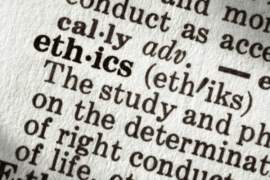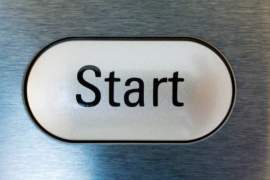
A Guide to Traditional Money Services

A traditional money service business effectively functions as an alternative to a bank. No one is required to hold a bank account anywhere. Doing so is simply helpful and often one of the simplest and most effective ways of dealing with one's money. Some people might not want to use a bank, however, and might feel more comfortable being "self-banked". This is where a money services business would come in.
A money services business would allow individuals without a full on bank account to obtain such services as check cashing and money orders. These money service businesses still count as financial institutions, as they perform a function similar to that of a bank and therefore still fall under the regulations imposed on financial institutions in general.
For example, a money services business would still have to provide the United States Government with the necessary reports and records concerning cash purchases of negotiable instruments, as defined under the Bank Secrecy Act, even though a money services business would not technically be a bank.
A famous money service business is Western Union, which has been around for a century and a half. In its initial form, Western Union was a telegraph company, but in 1871, Western Union began to function as a money service business when it started offering money transfer services to its customers.
In the modern world, Western Union is much more of a money services business than a telecommunications company and now allows customers to send money transfers all across the world. A customer can step into any Western Union office worldwide and can then pay a certain amount of money to receive a Money Transfer Control Number which that customer can then send to the recipient of the money transfer.
The recipient can present the Money Transfer Control Number at his or her local Western Union office in order to receive payment from the money services business for the value of the money transfer. This allows individuals without a bank to exchange money without difficulty.
A money services business would also offer more individual-based services, such as check cashing, so that an individual without a bank account would be able to receive cash for a paycheck, for example, without difficulty. A money services business might also offer prepaid stored value cards, which would allow a customer to give the business a certain amount of money in exchange for a card with the same value, supported by the money services business. Money orders, which are prepaid orders for a certain amount of money, allowing easy exchange of funds, can also be issued by a money services business.
Such a business may also issue traveler's checks, which are similarly prepaid checks and which are also protected by the issuing money service business, such that if the checks are lost, they will be replaced as long as they are reported as missing in a timely fashion. Finally, a money services business may also offer tax preparations services.
A money services business would fall under certain regulations specifically aimed at money services businesses in general, and the Uniform Money Services Act ensures that all money services businesses will have to obtain a license from the states in which they are located in order to act as money services businesses. These licenses will focus on ensuring that the money services business in question is safe and legitimate.
NEXT: Reasons to Appoint a Public Trustee





















